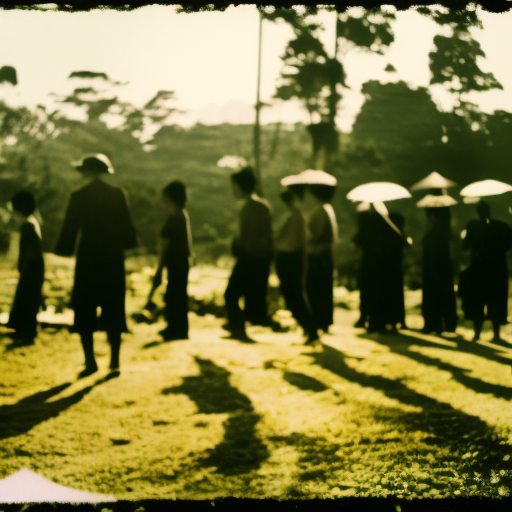Summary:
The Boipatong massacre was a violent attack that took place on June 17, 1992, in Boipatong, South Africa. It resulted in the deaths of 45 people and left many others injured. The massacre was a significant event during the transition from apartheid to democracy in South Africa and had a profound impact on the country’s political landscape.
Background:
During the apartheid era, South Africa was divided along racial lines, with the white minority government enforcing strict segregation policies. The African National Congress (ANC), led by Nelson Mandela, and other anti-apartheid organizations fought for the rights of the black majority. In the early 1990s, negotiations between the government and the ANC were underway to bring about a peaceful transition to democracy.
The Massacre:
On the night of June 17, 1992, a group of armed attackers descended on the township of Boipatong, located near Johannesburg. The attackers, believed to be members of the Inkatha Freedom Party (IFP), targeted the residents of Boipatong, who were predominantly ANC supporters. They went on a rampage, attacking people with guns, machetes, and other weapons.
The attack lasted for several hours, during which the attackers went from house to house, indiscriminately killing men, women, and children. The victims were brutally assaulted, and many were hacked to death. The attackers also set fire to homes and looted property. The police were slow to respond, and their presence did little to stop the violence.
Aftermath and Repercussions:
The Boipatong massacre sent shockwaves throughout South Africa and the international community. It was seen as a deliberate attempt to derail the peace process and destabilize the country. The ANC accused the government of complicity in the attack, alleging that the police had colluded with the IFP. The government denied these allegations but faced widespread condemnation for its handling of the situation.
The massacre led to a breakdown in negotiations between the government and the ANC. The ANC suspended talks and called for mass protests and strikes. The violence escalated, with retaliatory attacks taking place in other townships. The country was on the brink of civil war.
The Boipatong massacre also had a significant impact on public opinion. It highlighted the deep divisions and tensions within South African society. Many people, both within South Africa and internationally, were outraged by the brutality of the attack and called for justice.
Investigation and Trials:
An investigation into the massacre was launched, and several people were arrested and charged in connection with the attack. However, the trials were marred by delays, lack of evidence, and allegations of witness intimidation. Only a few individuals were convicted, and many believed that justice was not fully served.
The Boipatong massacre remains a painful and controversial chapter in South Africa’s history. It serves as a reminder of the violence and suffering endured during the struggle against apartheid and the challenges faced during the transition to democracy. The massacre played a role in shaping public opinion and strengthening the resolve of those fighting for a just and equal South Africa.












